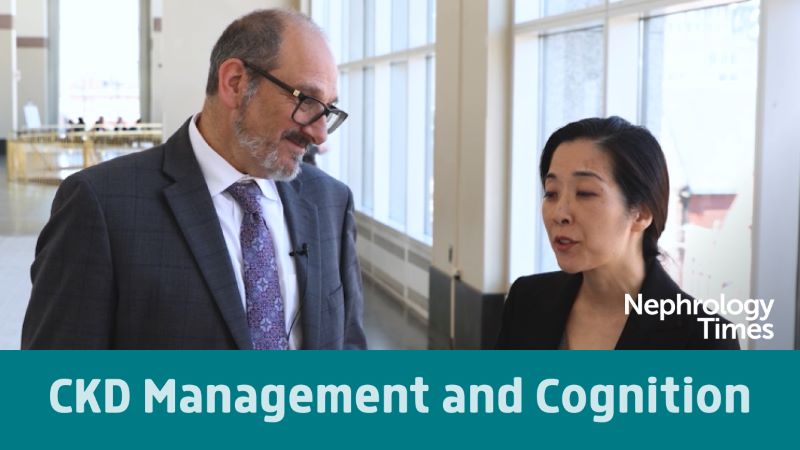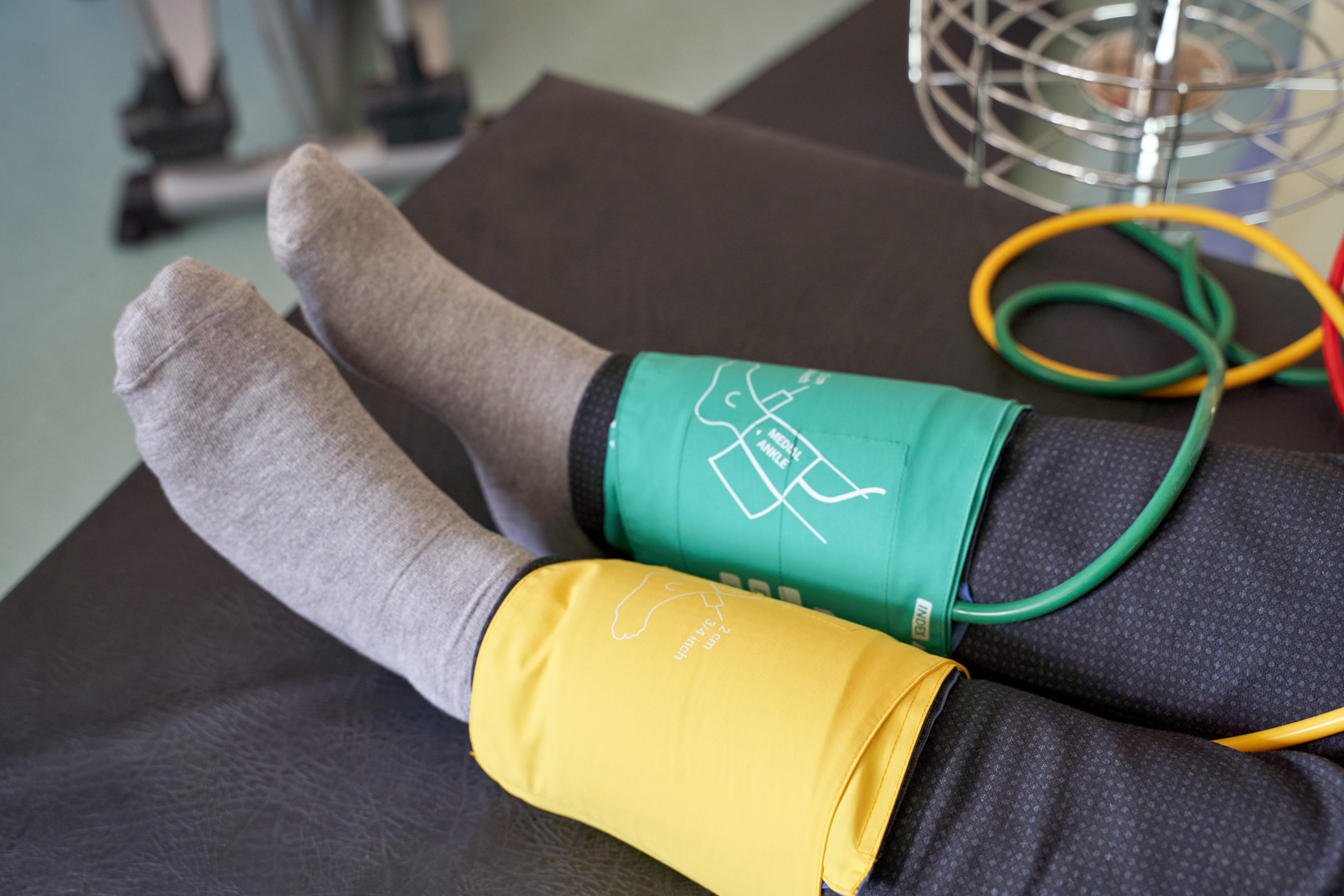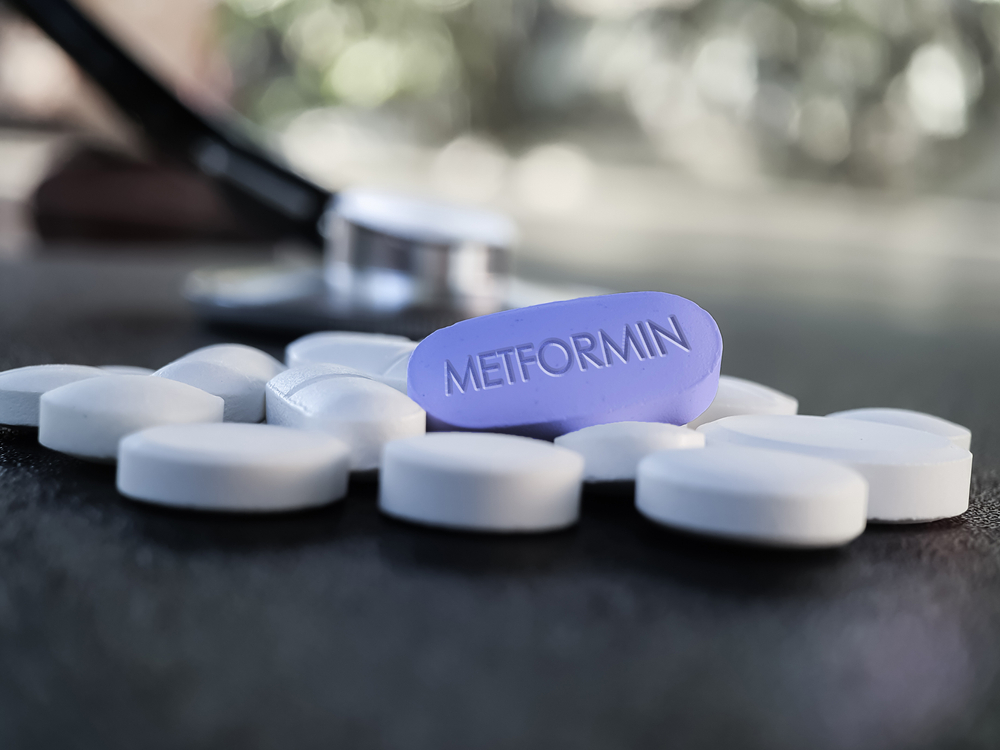
Due to high medication burden and the presence of multiple comorbidities, patients with chronic kidney disease (CKD) are at high risk for experiencing medication therapy problems (MTPs). However, the frequency of MTPs in pre-dialysis CKD patients is unclear.
Melanie R. Weltman, PharmD, and colleagues reported on a project that is part of the Kidney Coordinated Health Management Partnership, an ongoing National Institutes of Health funded, pragmatic randomized controlled trial that is testing an electronic health record-based population health management approach to improve CKD care. Results were reported at the NKF Spring Clinical Meetings in a presentation titled Frequency of Medication Therapy Problems in a High-Risk Chronic Kidney Disease Population.
Patients in the project are 18 to 85 years of age with CKD, at a high risk of progression to end-stage renal disease, and are not being followed by a nephrologist. Participants in the intervention arm receive nephrology recommendations (electronic consult), pharmacist-led telephone medication therapy management (MTM), and nurse-led CKD/dietary education. The Pharmacy Quality Alliance MTP Categories Framework is used to identify and categorize MTPs. The recommendations are included in the electronic health record for the patient’s primary care physician to review at an upcoming office visit.
Enrollment began in July 2019. To date, 47 patients have received MTM and a total of 82 MTPs have been identified. Most patients (94%) experienced at least one MTP. The most common MTP was ‘unnecessary medication therapy’ (28%), due in large part to long-term use of proton pump inhibitors without clear indication, followed by ‘dosage too low’ (26%), and ‘dosage too high’ (23%).
Renin-angiotensin-aldosterone system inhibitors were frequently dosed too low, as suggested by uncontrolled blood pressure and/or significant proteinuria. Thirteen percent of patients reported recent prescription or over-the-counter nonsteroidal anti-inflammatory drug use.
In conclusion, the researchers said, “Preliminary data from this ongoing trial suggest that patients with high-risk CKD experience a high frequency of MTPs. Interdisciplinary care of CKD patients may facilitate early identification, resolution, and prevention of MTPs and thereby improve CKD care and slow CKD progression.”
Source: Weltman M, Chen H, Abdel-Kader K, Jhamb M, Nolin TD. Frequency of medication therapy problems in a high-risk chronic kidney disease population. Abstract of a presentation at the National Kidney Foundation 2020 Spring Clinical Meetings; abstract #276.







 © 2025 Mashup Media, LLC, a Formedics Property. All Rights Reserved.
© 2025 Mashup Media, LLC, a Formedics Property. All Rights Reserved.